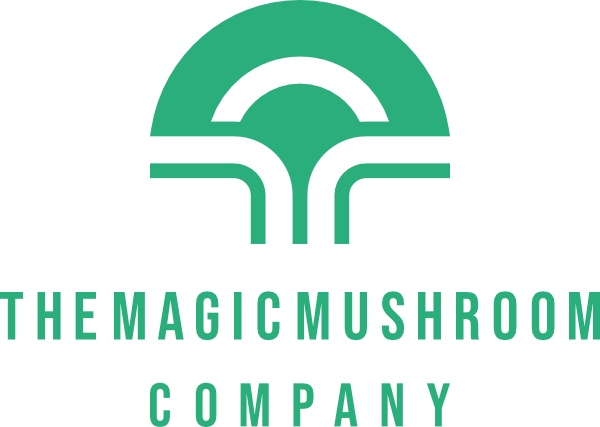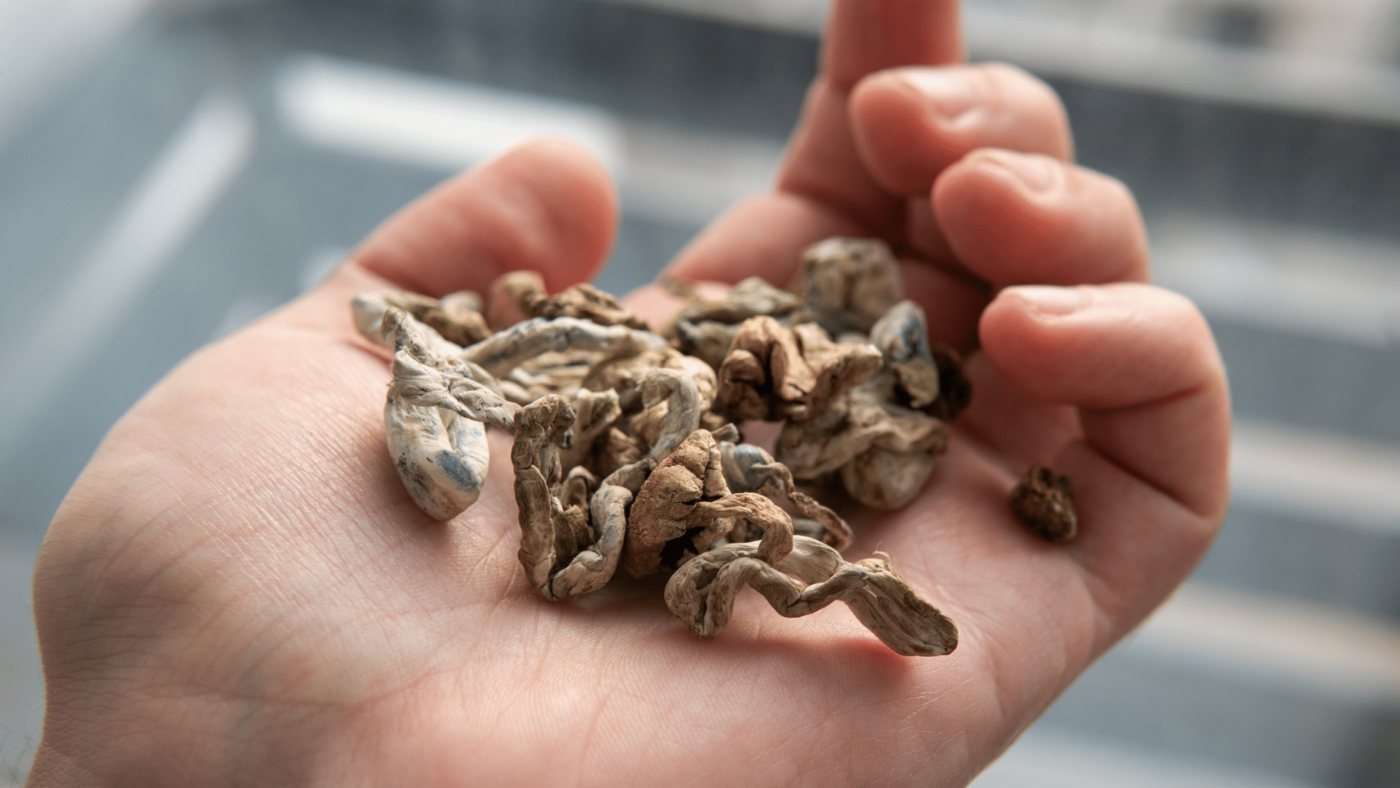Psilocybin, the psychedelic compound found in magic mushrooms, is one of many hallucinogens that have temporarily been granted legal exemptions in an effort to alleviate emotional suffering.
Thomas Hartle is the first terminally ill cancer patient in Canada to acquire a legal exemption for the use of psilocybin – in order to treat his anxiety. Hartle expressed hope that the temporary legal exemptions might signal a permanent shift in regulations as we move into the future. The 53 year old was granted a year-long exemption by the Controlled Drugs and Substances act in August last year. The temporary approval allows Hartle to use magic mushrooms during his therapy sessions.
After Hartle, Health Canada has granted exemptions to approximately 25 more applicants from cancer patients. The cases were approved on the basis of treating the distress that arises from a decreasing lifespan. The organization has additionally granted 19 more exemptions to medical practitioners, thereby allowing them to use and possess magic mushrooms as part of psilocybin-assisted psychotherapy training. Health Canada has yet to confirm whether the public will be granted further exemptions for psychotherapeutic purposes.
So far, Hartle has undergone two hallucinogenic therapy sessions, both at his residence in Saskatoon. The last trip he had was in November last year, and he used psilocybin from magic mushrooms that he grew and cured himself. Hartle ground the shrooms with a coffee grinder, turning them into a fine powder, before placing the powder into capsules for an accurate dosage.
Thomas Hartle explains his severe anxiety surrounding his impending death, and the thought of leaving behind his wife and children. Both of his kids are autistic, and Hartle confessed that the stress became unbearable after his colon cancer was diagnosed five years ago. Fortunately for Hartle, dosing with psilocybin during two therapy sessions has alleviated his anxiety considerably. In fact, the difference is so significant that Hartle feels he does not need any further hallucinogen-assisted therapy sessions (alongside his regular ones).
Hartle speculates that the dramatic change in his overall sense of well-being is “probably obvious” to people who had interacted with him both before and after his psychotherapy sessions. Hartle goes on to mention other benefits of his psilocybin-assisted therapy – including an ability to discuss topics previously too difficult to speak about. He explains how before his hallucinogenic therapy sessions he would break down, and struggle to speak through his choked up voice. These days however, he claims he is able to speak clearly and to focus on the positives in life.
Hartle completed written tests to determine his anxiety levels before each of his two psychotherapy sessions. This was intended to gauge his baseline state, so as to compare the results after his sessions. Hartle’s first psychedelic psychotherapy session lasted approximately 6 hours, and he took a total of three capsules equivalent to 7 grams of psilocybin. During the trip, a friend and his therapist remained in the room with Hartle while he listened to music on a headset, blindfolded. The playlist was designed by the John Hopkins University as part of the studies into hallucinogens.
Hartle describes the diverse range of music, mentioning that the playlist contained everything from classical music to Gregorian chanting, as well as beats native to South America and Africa. He mentioned that the different genres induced different emotional states, and goes on to describe psychedelic geometric patterns that appeared before his eyes. He explains how the trip took him away from himself – to the point where he could not remember the names of his loved ones. Hartle describes a tranquil altered state of consciousness that allowed him to escape the realities of life.
Before Hartle’s diagnosis, he had not experimented with hallucinogens or other illegal drugs, and had only been taking cannabis oil to relieve the nausea from chemotherapy. It is important to note that psilocybin and psychotherapy go hand in hand, and therapy should be mandatory when taking shrooms. Hartle explains that psilocybin is no magic bullet, and cannot work in isolation from therapy. The entire point of taking shrooms in conjunction with therapy is to work through emotional challenges that are difficult to work through alone. Hartle goes on to say how psilocybin can “get your ego out of the way,” so that contemplating problems from alternative perspectives becomes easier.


